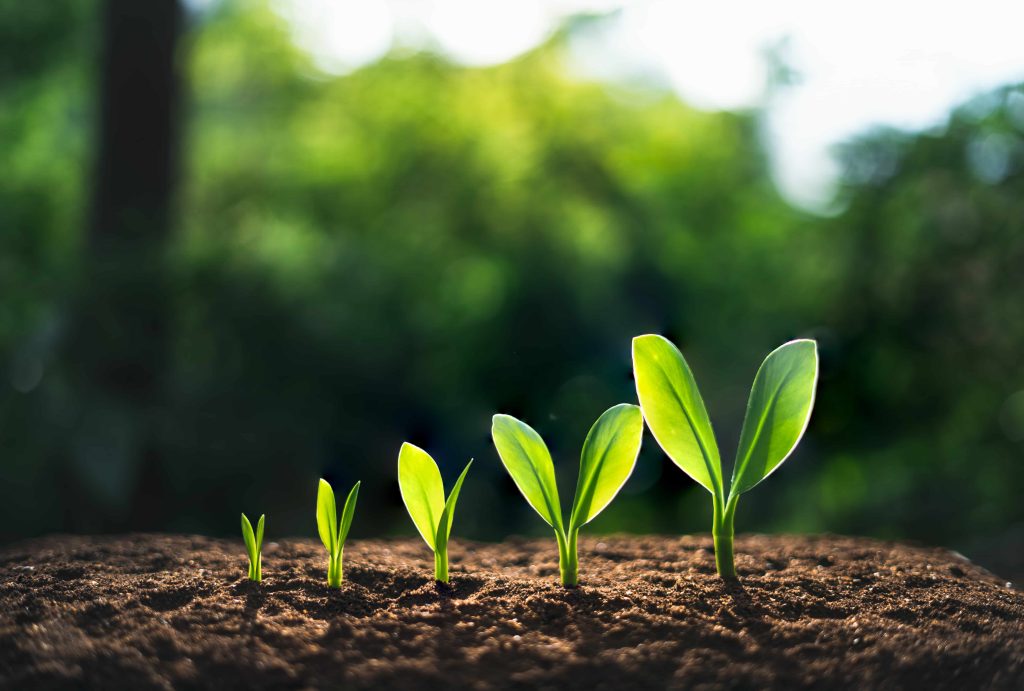Mycelium boards are rapidly gaining popularity in various industries for their unique combination of strength, durability, and lightweight properties. Made from the root system of fungi, mycelium is a naturally occurring material that, when processed properly, creates a sustainable and highly versatile alternative to traditional building materials. The ability of mycelium boards to be both strong and lightweight is due to the unique biological structure and growth process of mycelium itself.
1. The Mycelium Growth Process
The strength and lightweight nature of mycelium boards can be attributed to the natural growth process of the mycelium fungus. Mycelium grows by spreading its hyphal threads through a substrate, such as agricultural waste or wood chips, binding the organic material together. This growth process forms a dense network of interwoven fibers that create a strong and stable material. The hyphae structure of mycelium is both resilient and flexible, which gives mycelium boards their remarkable strength-to-weight ratio.
During the growth phase, mycelium binds the organic material tightly, ensuring that the final board has excellent structural integrity. This binding process is similar to how natural wood fibers are interwoven to create a solid, durable structure. However, mycelium boards are significantly lighter than wood or concrete, making them easier to handle and more cost-effective for transportation.
2. Lightweight Properties
One of the standout features of mycelium boards is their lightweight nature. Despite their strength and resilience, mycelium-based products are much lighter than traditional materials like concrete, wood, or metal. This lightweight characteristic comes from the porous structure of mycelium, which forms tiny air pockets within the material during growth. These air pockets reduce the overall density of the board, making it much lighter without sacrificing strength or durability.
The lightweight nature of mycelium boards makes them an ideal choice for applications that require easy handling and installation. This is particularly beneficial in construction, where reducing the weight of materials can result in lower transportation costs, faster assembly times, and easier logistics.
3. Strength and Durability
Despite being lightweight, mycelium boards are remarkably strong and durable. The natural structure of mycelium provides an excellent balance of flexibility and strength. The hyphal network in mycelium acts like the fibers in composite materials, allowing it to absorb impacts and resist deformation under pressure. This gives mycelium boards the ability to withstand various stresses and forces, making them suitable for structural components in construction, such as insulation panels, wall partitions, and furniture.
Furthermore, mycelium boards are naturally resistant to pests and mold, which contributes to their long-lasting durability. Unlike wood, which can degrade over time due to moisture or insect infestations, mycelium is less prone to such damage, ensuring that it maintains its integrity over time.
4. Customizable Strength
The strength of mycelium boards can be tailored by adjusting the growth process, substrate, and environmental conditions. By controlling factors such as temperature, humidity, and substrate composition, manufacturers can influence the density and strength of the final product. This level of customization allows for the creation of mycelium boards with specific properties to meet the demands of different applications, from lightweight insulation to stronger structural panels.
5. Fire and Water Resistance
Another key benefit of mycelium boards is their ability to be treated for enhanced fire and water resistance. Through careful treatment during production, mycelium boards can be made fire-resistant, providing additional safety in construction and interior applications. Their natural resistance to moisture, along with treatment for increased water resistance, makes them durable in various environmental conditions. This combination of fire and water resistance, along with their lightweight nature, adds to the versatility and appeal of mycelium boards as a construction material.
